➜ Document and preserve the work your organization did for the 2030 Census and be sure to note the members of your census coalition and broader network (such as trusted messengers).
➜ Collect outreach and data success stories to use in 2040 GOTC work.
➜ Evaluate accomplishments, best practices, challenges, and solutions from your 2030 Census campaign.
➜ Contribute to efforts to amplify 2030 Census learnings and develop recommendations for the Census Bureau.
➜ Develop a plan for engaging your census coalition throughout the decade, with a specific focus on how your organization can sustain infrastructure leading up to the 2040 census.
- Additionally, maintain relationships with funders and funder/PSO collaboratives, as well as government, service providers, and practitioner partners throughout the decade. These coalitions can mobilize around issues like improving accessibility and equity around census data and other Census Bureau data and tools; expanding access to broadband infrastructure; leveraging technology and local knowledge to map communities; building government knowledge and
improving data collection on the LGBTQ+ community and people experiencing homelessness; and strengthening civic participation.
➜ Stay updated on the 2030 Census data release timeline, 2030 Census data quality assessments (e.g., Census Bureau and independent evaluations), related mitigation strategies, and census policy issues and litigation.
➜ Educate communities on direct impacts of the 2030 Census through storytelling campaigns, reiterating the importance of the decennial census and promote positive narratives around data releases.


